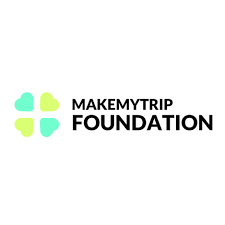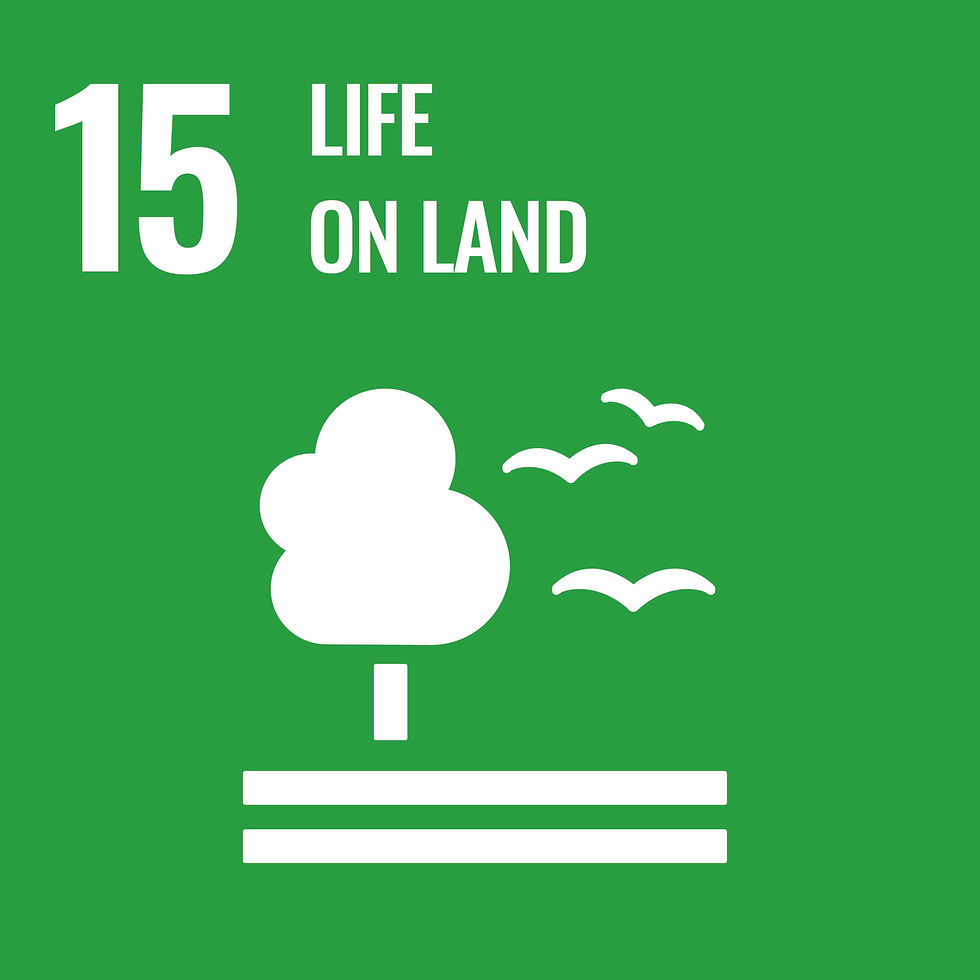

Our Approach
We recognize that poverty is both a physical and psychological barrier. Physical deprivation can obstruct psychologically by diminishing confidence and reducing willingness to take risks, exacerbating negative cycles. In marginalised communities, the destruction of natural resources further deepens these challenges, limiting opportunities for growth and development.
Our approach is systematic, focusing on both the immediate and long-term needs of these communities. By building grassroots-level institutions, we empower individuals to break free from the constraints of poverty. We design and implement projects that address these issues holistically, fostering not only economic sustainability but also psychological resilience.
Our work spans multiple thematic areas, from environmental restoration through afforestation and mangrove plantation to improving the productivity and profitability of primary producers. We also focus on solid waste management and sanitation, ensuring cleaner, healthier living environments. In addition, our solar-linked interventions and livelihood programs help create more sustainable and equitable communities, while our credit-linked approach provides the financial resources needed for long-term development.
Each project is aligned with our mission to build inclusive, sustainable communities, offering practical solutions that enhance the quality of life for marginalized populations.
Group of Entities
VIKAS has established a group of organizations that share a common vision of combating climate change and alleviating poverty. These include Saline Area Vitalisation Enterprise Limited (SAVE), a techno-marketing support organization, and community-based organizations like Janta Jagran Abhiyan (JJA) in Jambusar block, Lok Shakti Parishad in Amod block, Lok Vikas Parishad in Vagra block, and Mahisagar Shakti Sangathan in Padra block.
While some organizations have become dormant, JJA continues to actively work towards this shared vision. Each entity operates independently but contributes to the collective mission of fostering sustainable development and empowering communities.


SAVE
SAVE stands for Saline Area Vitalization Enterprise Private Limited and is a technical service organization. Along the coast of Gujarat, poverty linked with degeneration of natural resources is evident. Large parts of 8.0 million people living along the coast of Gujarat are engaged in low- investment, low-return agriculture, animal husbandry and fisheries. In order to achieve twin objectives of regeneration of natural resources and poverty alleviation, SAVE actively works with community based groups and NGOs in setting up livelihood and natural resources regeneration programme. Genesis of the Organization SAVE, a techno-marketing service organisation was established in 1995 as a public limited company under the Companies Act 1956. The company is designed to facilitate mainstreaming of the marginalised in the changing macroeconomic environment. The company provides services to poor and other stake holders engaged in livelihood and other enterprise development, Natural resource regeneration.

Janta Jagran Abhiyan
Janta Jagran Abhiyan (JJA), formerly known as Jan Shakti Parishad (JSP), is a community-based organization established in 1999 under the Bombay Public Charitable Trust Act of 1951. JJA serves as a collective voice for agricultural laborers and small and marginal farmers from the coastal villages of Jambusar, Amod, and Vagra talukas in Bharuch district, Gujarat. Its mission is to empower marginalized communities by addressing their immediate basic needs and fostering long-term social and economic equity. Key Initiatives: 1. Mahila Nyay Kendra : JJA recognizes the pervasive issues of gender-based violence and systemic oppression in rural societies, where women often lack education, resources, and the agency to fight for their rights. To address these challenges: - JJA has trained 35 local women as **para-legal workers** through an intensive 18-month program. Of these, 22 women are now providing decentralized legal counseling services within their villages. - These para-legal workers assist women facing atrocities, maintenance disputes, and other social injustices, collectively handling an average of 35 cases monthly. - A network of 220 volunteer women leaders from 122 villages supports this effort by acting as a bridge between para-legal workers and village women seeking assistance. 2. Lok Shakti Vikas Parishad: Marginalized communities often lack access to formal systems due to the absence of essential documentation and awareness about government schemes. The Lok Shakti Vikas Parishad: - Facilitates access to government programs and services by helping individuals acquire necessary documents. - Works to integrate excluded communities into formal systems, ensuring their rights and entitlements are recognized and delivered effectively. Through these initiatives, JJA empowers vulnerable populations, particularly women, to challenge systemic inequalities, access justice, and build pathways toward equitable development.
Partners
Over the years, we have had the privilege of collaborating with some truly remarkable partners.








































Sustainable Development Goals (SDGs)
Our work is deeply aligned with the United Nations SDGs, focusing on both climate adaptation and mitigation while addressing poverty and fostering sustainable development.





















